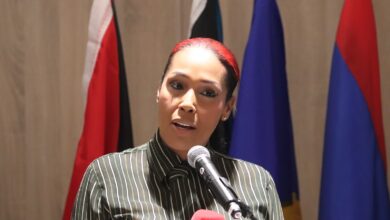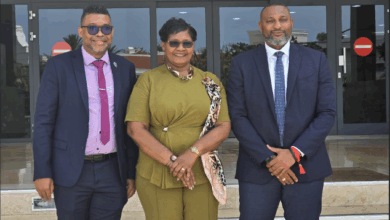(CARICOM Secretariat, Turkeyen, Greater Georgetown, Guyana) Solar water heater manufacturers and other stakeholders of the solar heating industry in the Caribbean Community will be involved in a two-day workshop in Barbados at the Divi Southwinds Hotel, 17-18 January 2008.
The workshop, facilitated by the Caribbean Renewable Energy Development Programme (CREDP), of the CARICOM Secretariat, is the first in a series designed to develop a regional vocational qualification, to certify the competency of technicians involved in solar water heater installation and maintenance. The HEART Trust/NTA of Jamaica and the National Technical and Vocational Education and Training Council of Barbados will be working together to develop the Occupational Standards for Installation and Maintenance of solar water heaters; that will be used across the region.
Participants of the workshop include solar water heater manufacturers from Barbados, Dominica and St. Lucia. Local tertiary and vocational education institutions will also be in attendance.
It is anticipated that the availability of certified technicians across the region would enable manufacturers to expand their markets to areas where currently there is a lack of skilled persons to adequately install and maintain their equipment. This would also provide a higher level of confidence among prospective customers in relation to installation and maintenance of their solar systems.
Dr. Roland Clarke, Project Manager of the Caribbean Renewable Energy Development Programme will chair the Opening Ceremony. Mr. Lionel Nurse, Permanent Secretary of the Ministry of Energy and Environment will deliver the feature address.
CREDP is an initiative of the Energy Ministers of CARICOM to change the market environment for Renewable Energy in the Region; reduce barriers to the increased use of renewable energy, and consequently reduce the dependence on fossil fuels while contributing to the reduction of greenhouse gas emissions.





